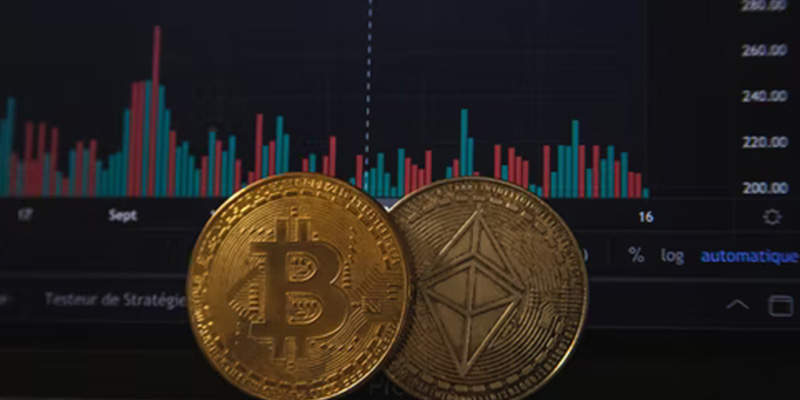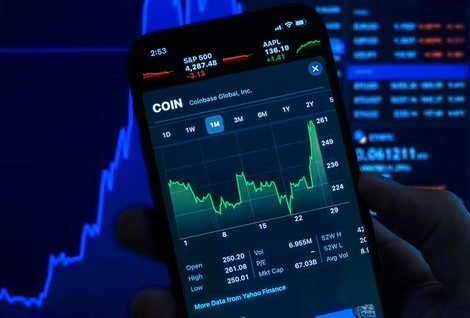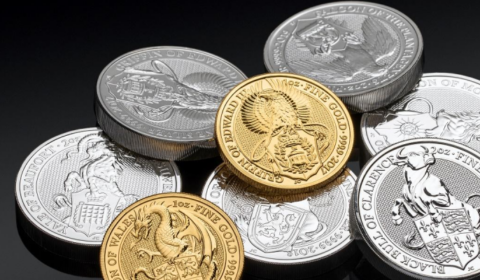Crypto vs. NFT: What’s the Difference?

Until a few years ago, people chose to invest in precious metals as it was a stable and reliable option for earning long-term profits. However, with the arrival of cryptocurrency and NFT (Non-Fungible Tokens), the investment landscape has transformed. People are increasingly investing in cryptocurrency and NFTs. According to reports, the crypto market’s worth has exceeded $3 trillion, while the NFT market is valued at around $41 billion.
What is the difference between cryptocurrency and NFT? How do they differ from each other? Which is a better investment option? Let’s find out.
Crypto vs. NFT: What Are They?
Cryptocurrency is a virtual currency developed with the help of software that allows for safe trading and possession. The blockchain is the technology behind Bitcoin and many other cryptocurrencies, which retains cryptocurrency transactions and tracks who possesses what. Blockchains work without centralized power, such as any financial authority like a bank.
NFT stands for Non-Fungible Token. It is defined as a physical or digital asset representing actual items linked to a particular crypto token available on a specific blockchain system. They can be bought and traded via the internet using digital wallets. Instead of purchasing a physical photograph to hang on the wall, the customer gets an exclusive digital version. NFTs can be generated and acquired for nearly any digital asset, such as rare digital figures, virtual arts, or unique social media postings.
Crypto vs. NFT: The Difference
NFTs and crypto are based on blockchain and use similar technology and concepts. As a consequence, they both usually draw the same types of people. NFTs are a subclass of the crypto culture, and you’ll almost always require cryptocurrency to purchase them.
The fundamental distinction, though, is that cryptocurrency is virtual money. It has commercial importance and is exchangeable, just like any other currency. That implies that regardless of which crypto token you hold within a particular cryptocurrency, they all will maintain the same value. NFTs, on the other hand, are non-fungible and have a worth that extends far beyond economic principles.
How Crypto and NFT Differ from Gold Investment
Historically, investing in precious metals such as gold would protect investors from the damages that equities can suffer during an economic downturn. This continues to be beneficial, but a new option threatens this time-honored approach to capital appreciation.
Crypto has proven to be a fascinating asset for investors since it has been operating long enough to earn acceptance and support—and it is even exhibiting some exciting patterns. However, it’s unpredictable at times which can result in huge losses. Investing in gold is a more reliable option since it has proper regulation.

Invest in The Best Gold Companies with Orion Metal Exchange
Although NFT and crypto can offer considerable profits in less time, investing in gold is a reliable and stable option, and this is why millions of people still prefer to invest in gold. Orion Metal Exchange offers perfect consultation to safeguard your investment. Our services include precious metals IRA, investing in gold coins, investing in silver coins, etc.
Contact us today to learn more about our services.






